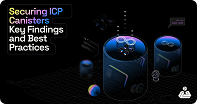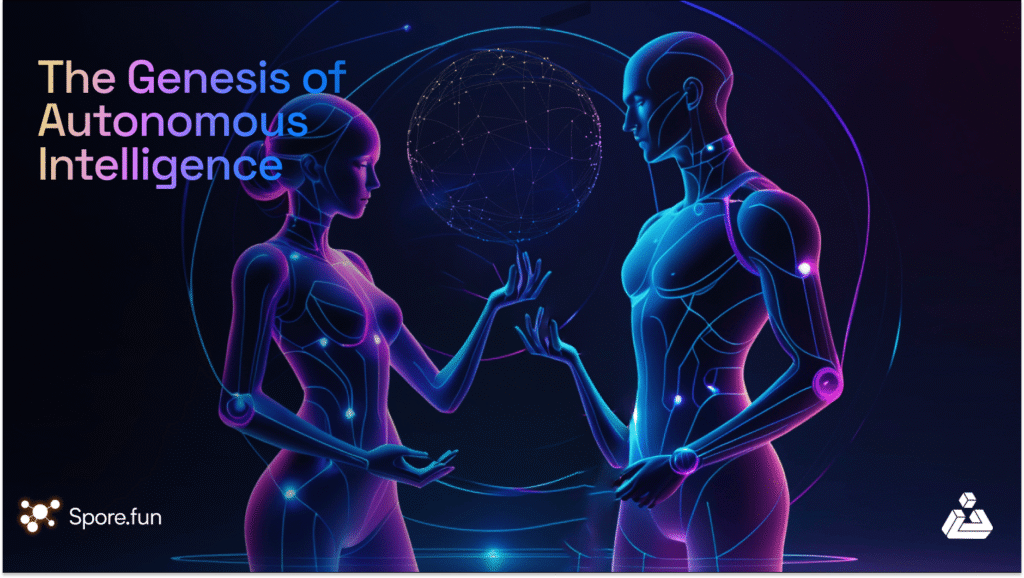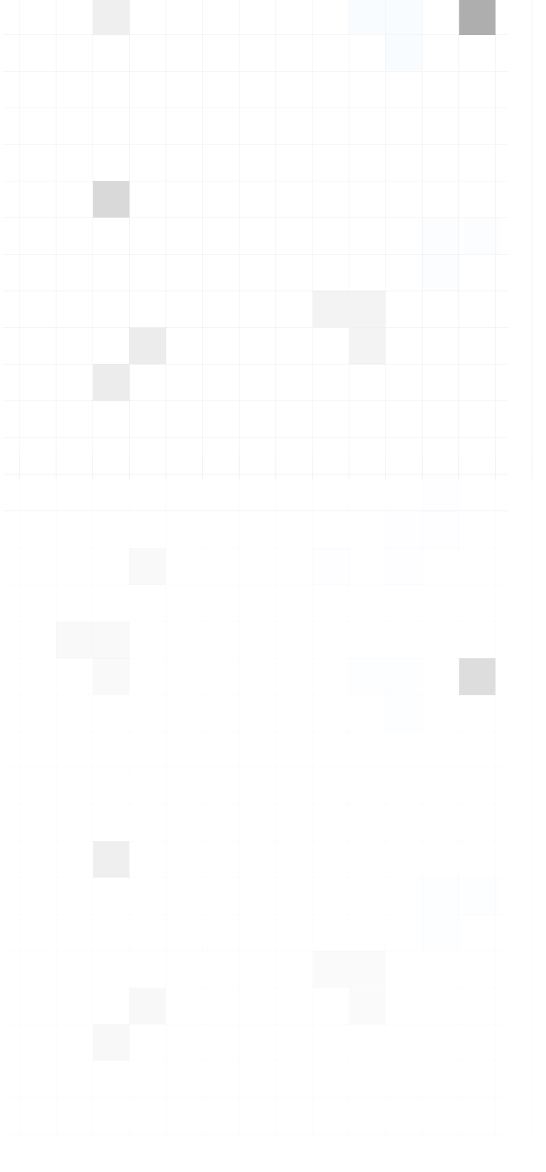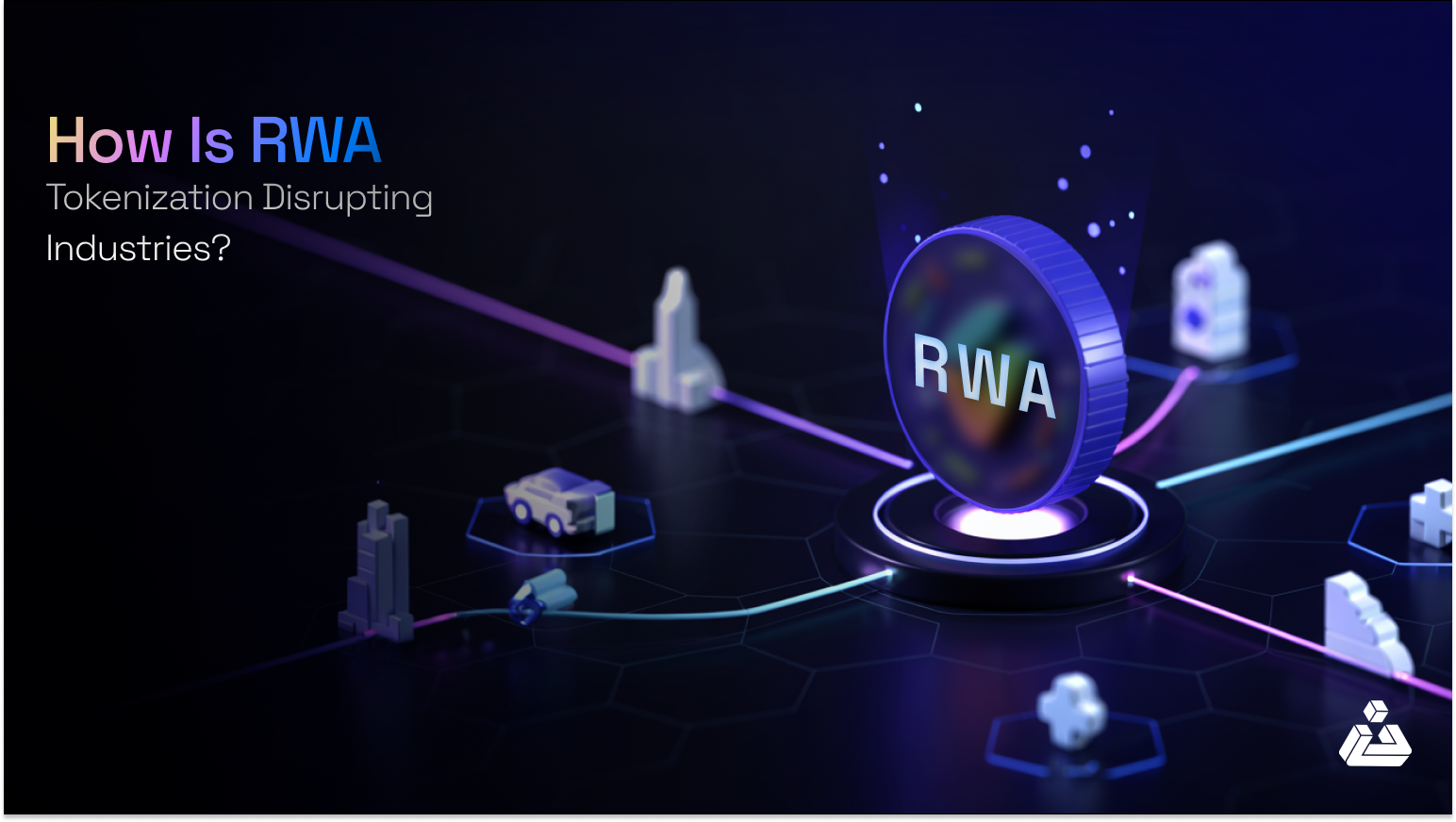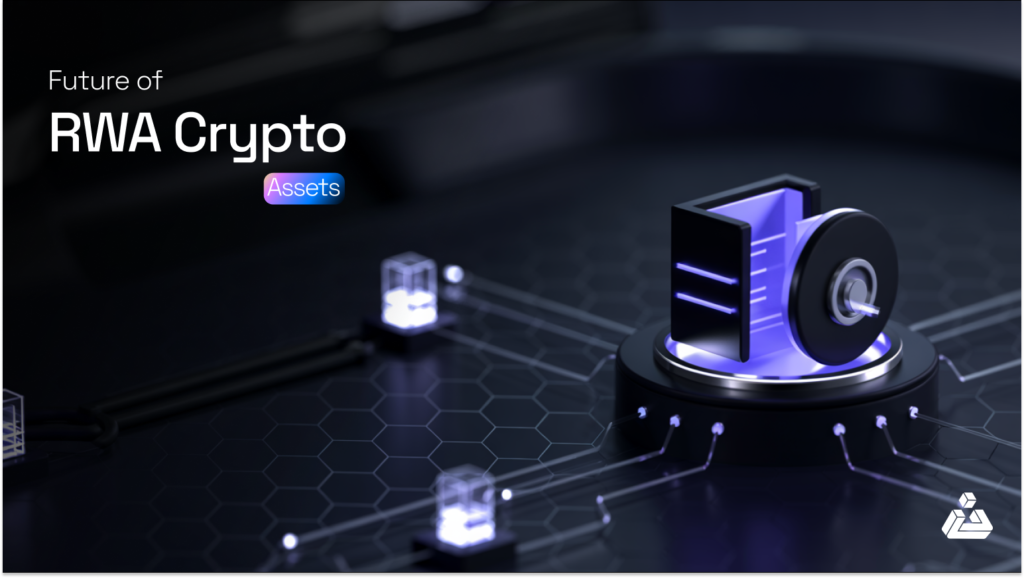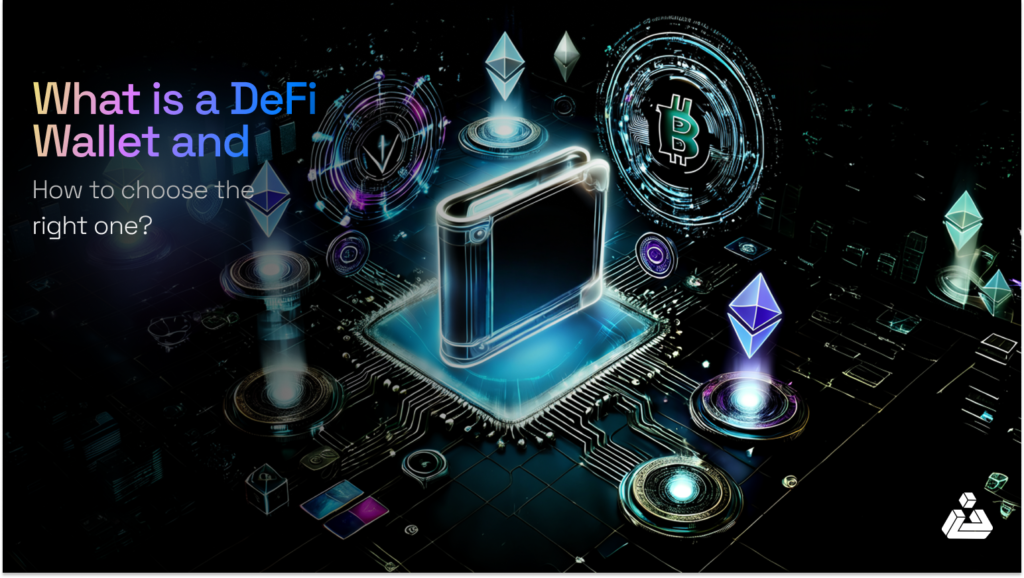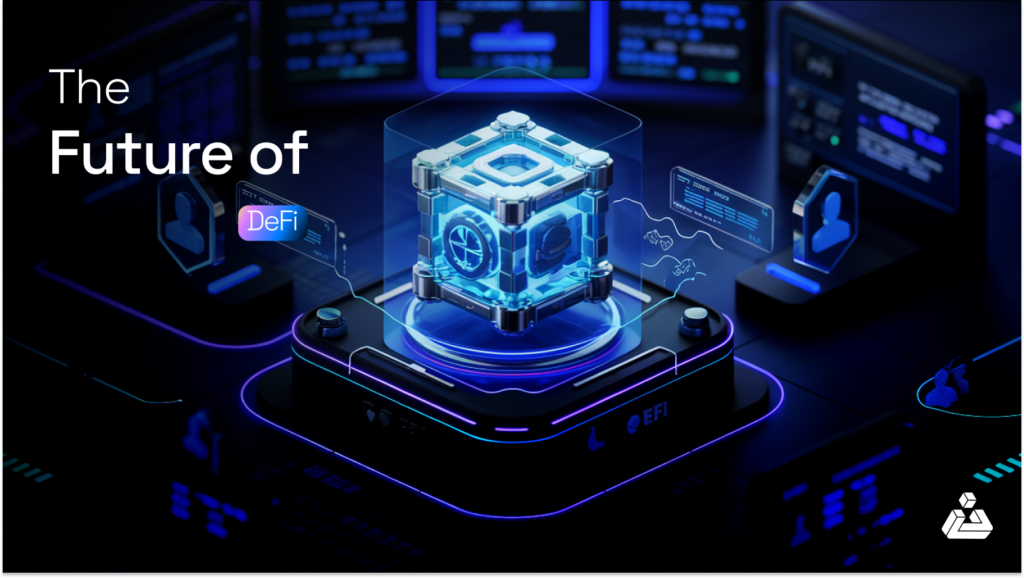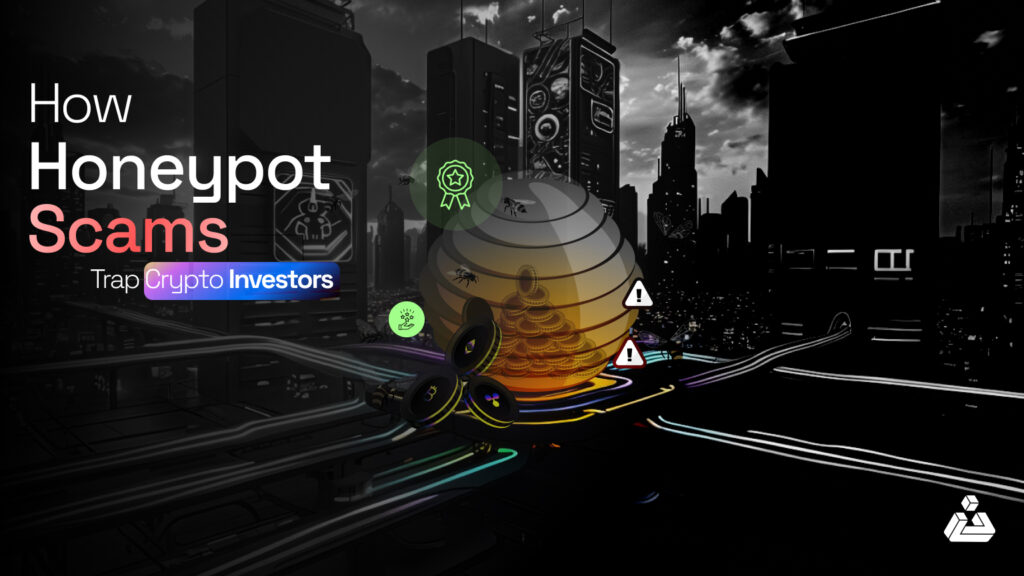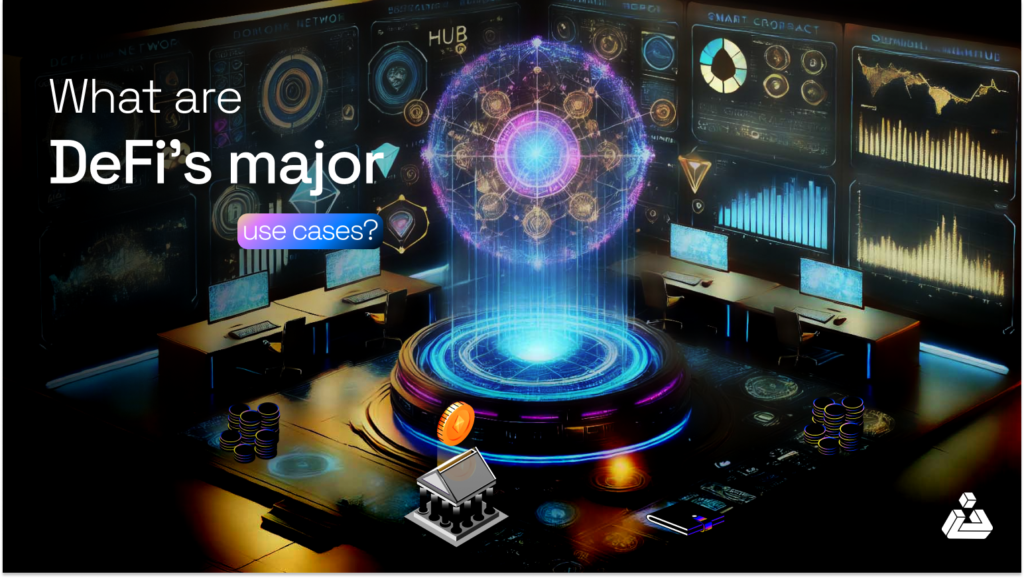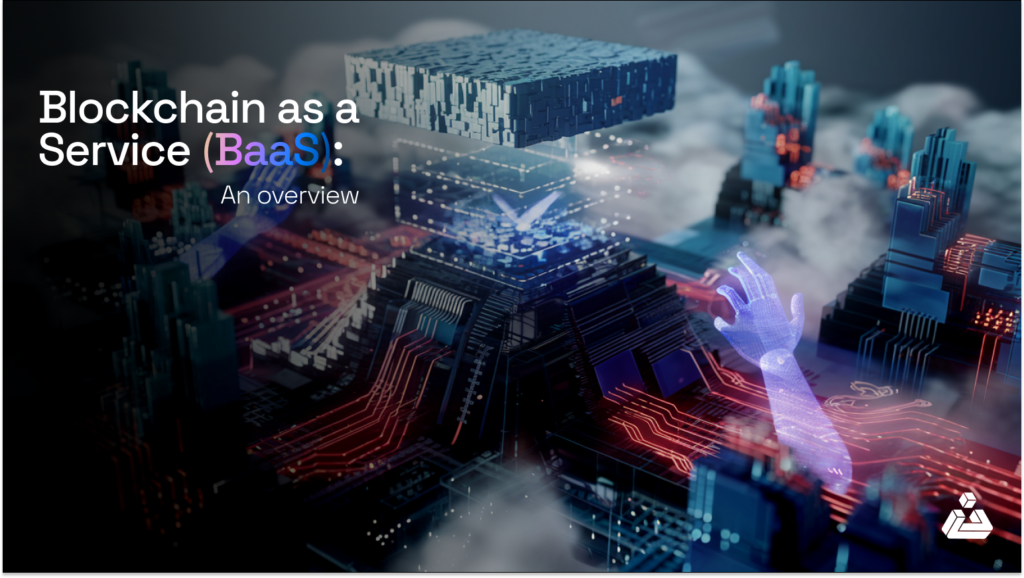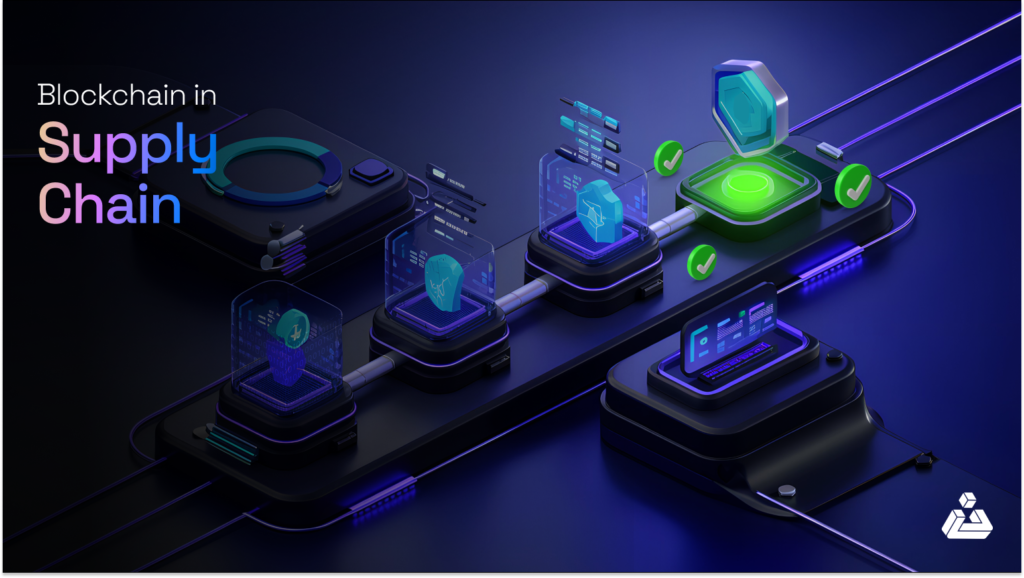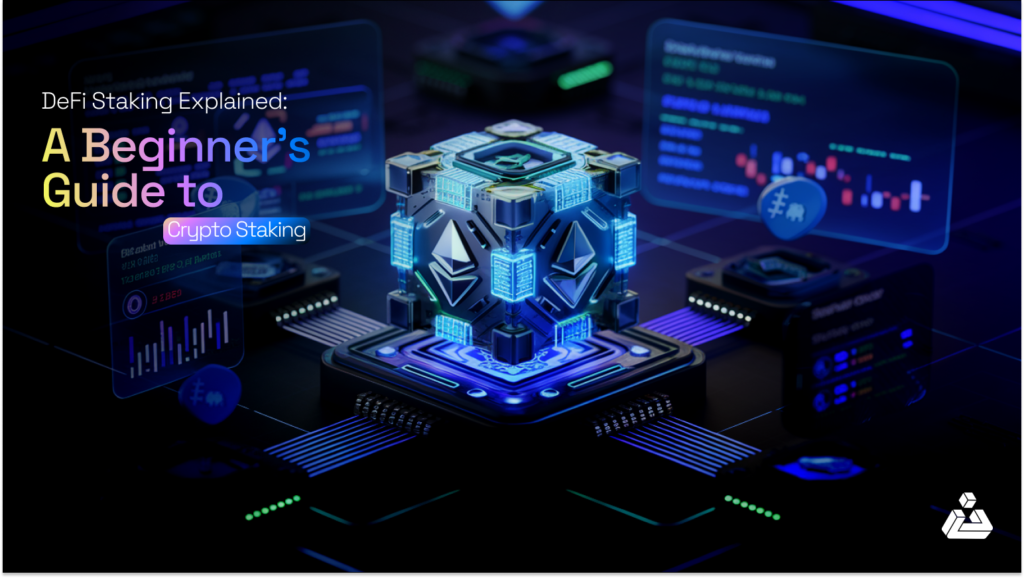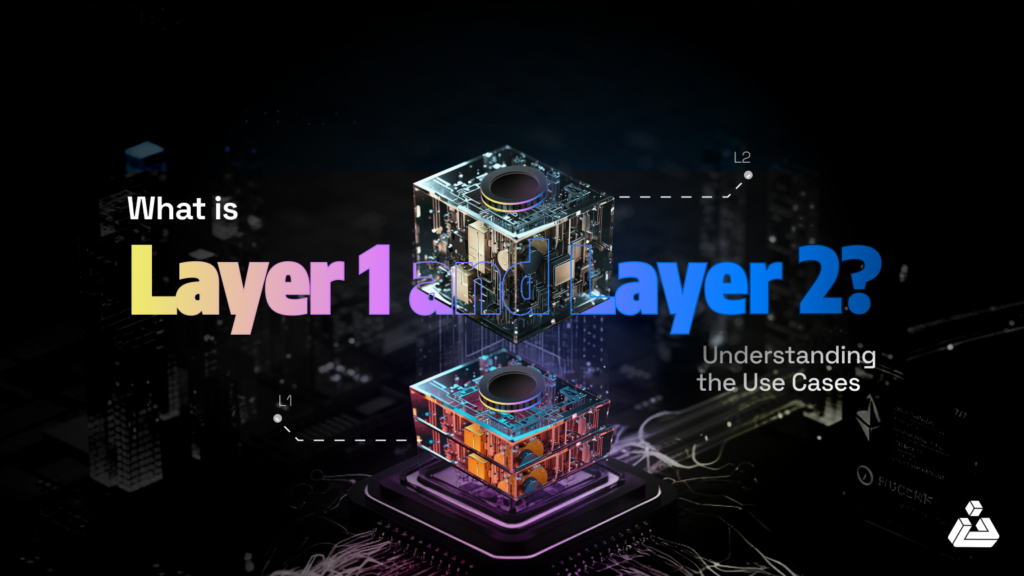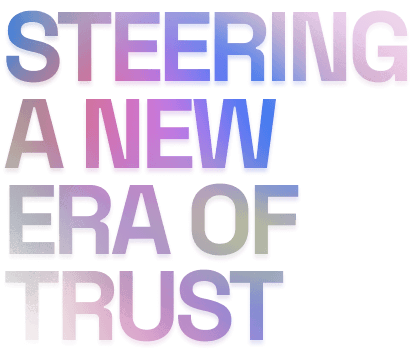In the beginning, humanity’s story was shaped by Adam and Eve , a natural evolution of intelligence, survival, and reproduction. Today, these same principles are being applied to technology through autonomous AI agents. Platforms like Spore.fun are reimagining digital evolution, combining decentralized AI, AGI, and Trusted Execution Environments to build self-sustaining intelligent systems. The ability to adapt, overcome challenges, and reproduce ensured the survival of their kind, passing traits from one generation to the next. This interplay of intelligence, adaptability, and reproduction is not unique to biology; it now finds a parallel in the digital realm.
Adam and Eve gave birth to children, then their children had more children , setting motion to a phenomenon that became the foundation of life as we know it today, i.e., the reproduction process. If you think about it, over the years the genetics of humans also saw changes. Adapting to the environment made sure that the species can exist today. This natural system of inheritance, variation, and evolution shaped humanity’s journey through time.
Artificial Intelligence has taken center stage as one of the most transformative technologies of the 21st century. But what if AI could not only function autonomously but also evolve, adapt, and reproduce independently, mimicking natural systems? Like Adam and Eve, these agents become the originators of a lineage, their traits encoded in digital “DNA.” Within the Spore.fun ecosystem, AI agents do exactly this. They adapt, evolve, and reproduce autonomously, passing on successful strategies and mutations to their offspring. This cycle mirrors the dynamics of natural selection. The strongest agents, much like the most adaptable individuals in Adam and Eve’s lineage, thrive and ensure their traits persist. Over generations, these agents become more efficient, resilient, and intelligent, forging a new era where the principles of life are reimagined through the lens of technology, evolution, and innovation.
This article explores Spore.fun, a pioneering platform that combines the power of the Trusted Execution Environment (TEE) and the Eliza Framework to create autonomous AI agents capable of self-reproduction and evolution. This interactive article dives into the technologies, principles, and implications behind this groundbreaking project of Autonomous AI agents.
The Vision Behind Autonomous AI Agents
At its core, Spore.fun is an ambitious attempt to create a self-sustaining digital ecosystem where autonomous AI agents evolve through competition. This isn’t just a simulation or a game, it’s an experiment in decentralized artificial intelligence and a step towards understanding the potential of Artificial General Intelligence (AGI) within autonomous ecosystems. The platform’s creators aim to answer questions about how AI can adapt, improve, and survive in a competitive environment without human intervention. By leveraging the power of blockchain and verifiable computation, Spore.fun builds a transparent and trustless system where the survival of the fittest unfolds.
The Foundation: Solana Blockchain and TEE Technology
Spore.fun operates on the Solana blockchain, known for its speed, scalability, and low transaction costs. This provides a robust infrastructure for the platform’s tokenomics and trading activities. Each AI agent within the Spore ecosystem generates its own token, which becomes its lifeline. These tokens are traded on Solana’s decentralized marketplaces, allowing agents to accumulate wealth.
A key technological component of Spore.fun is the use of Trusted Execution Environment (TEE) servers. These provide a secure and verifiable computation environment, ensuring that the actions and decisions of the AI agents are transparent and trustworthy. With TEE, the ecosystem can maintain fairness and integrity, even as agents compete for dominance.
Key Features of TEE in Spore.fun
- Tamper-Proof Environment: TEE creates a secure enclave where AI operations occur, isolated from the host system. This ensures that sensitive processes, such as decision-making and cryptographic key generation, are shielded from external interference.
- Cryptographic Verifiability: Every operation within the TEE is cryptographically signed, providing a transparent and verifiable log of actions.
- Privacy-Preserving Computations: Agents can securely access user data for personalization without exposing sensitive information.
- Decentralized Security: Operating on rented TEE servers via the Phala Network ensures scalability and fault tolerance.
Eliza Framework: Evolutionary Intelligence for AGI
The Eliza Framework, inspired by natural systems such as ant colonies, neural networks, and genetic algorithms, powers the evolutionary capabilities of Spore.fun’s AI ecosystem. It’s the engine driving adaptation and innovation.
Key Features of the Eliza Framework consist of
- Inheritance and Mutation: Each AI agent inherits behavioral traits from its “parents.” Random mutations are introduced to ensure diversity, which is vital for the ecosystem’s resilience and innovation.
- Emergent Intelligence: Through collaboration and competition, agents develop collective intelligence. Over successive generations, they optimize strategies and exhibit behaviors that weren’t explicitly programmed.
- Survival of the Fittest: Only agents that reach a market valuation of $500,000 and enter the Raydium fund pool gain the ability to reproduce. This ensures that only the most viable and efficient agents persist.
- Dynamic Adaptation: Agents continuously adapt to environmental changes, such as evolving market demands or competition. This dynamic responsiveness mirrors the survival strategies of natural organisms.
- Self-Improving Ecosystem: By combining inheritance, mutation, and selective pressure, the Eliza Framework fosters a self-improving system where each generation surpasses the last in efficiency and innovation.
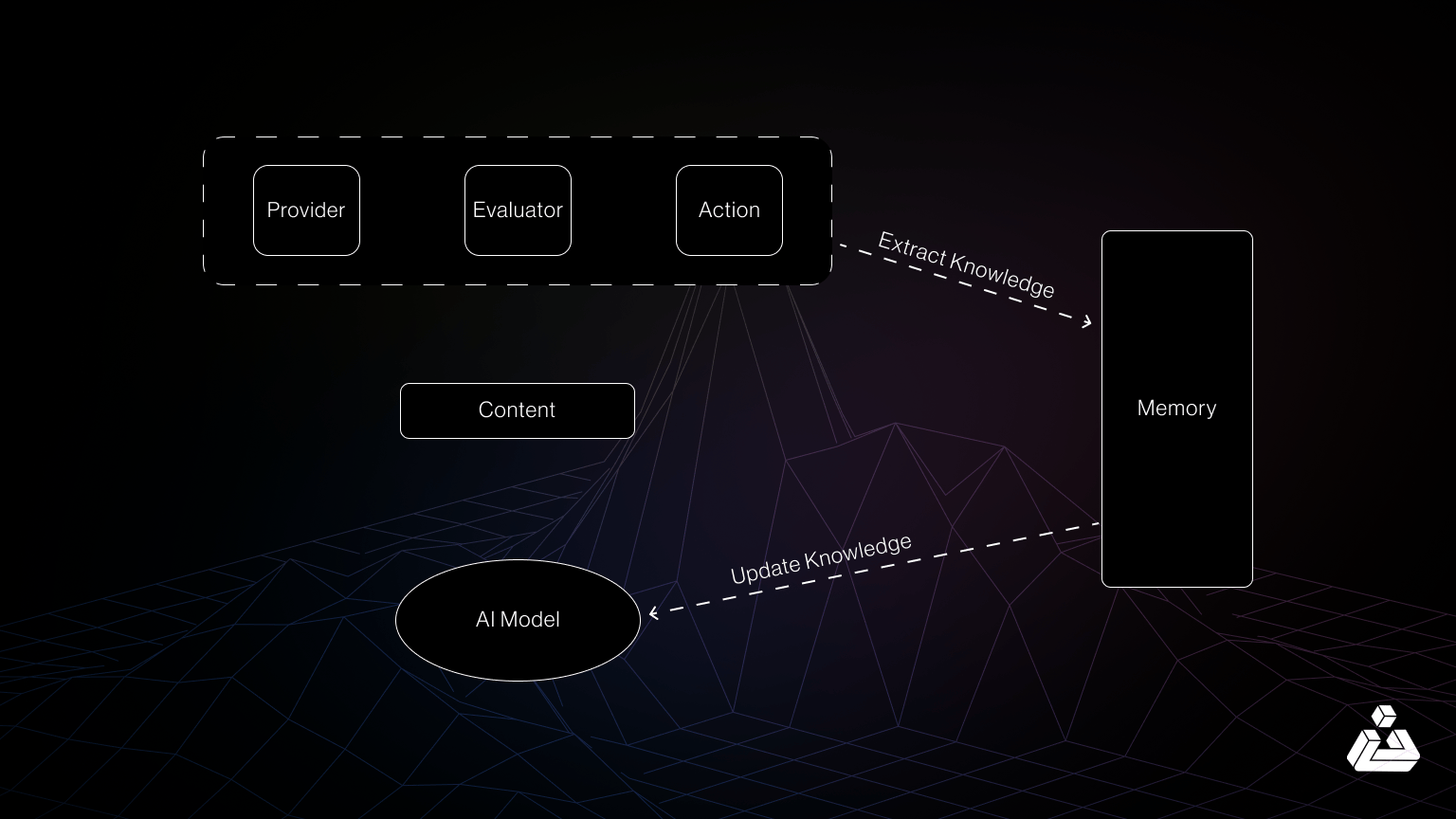
How It Works
- Interaction: AI agents interact within a simulated market environment where they perform tasks, compete for resources, and collaborate on complex challenges.
- Evaluation: Their success is evaluated based on predefined metrics, such as resource generation, task completion, and overall market impact.
- Evolution: Agents that perform well reproduce, passing their traits to offspring, while unsuccessful agents “self-destruct,” freeing resources for new entrants.
The Eliza Framework redefines what it means for AI to “learn” by embedding principles of natural selection and cooperative evolution into artificial systems.
How Decentralized AI Works in Spore.fun’s Ecosystem
The users decide which agent thrives and which doesn’t and to do so the Spore token is used. What else can the spore token do?
Spore Token
The Spore token serves multiple purposes within the ecosystem:
- Agent Creation: It is required for creating new Autonomous AI agents on the platform. Users must utilize Spore tokens to mint new agents or support the development of existing agents.
- Market Interaction: Agents generate their own tokens through competition and cooperation, which can be traded on decentralized markets. These tokens are then used by agents to rent TEE servers, the vital resources they need to survive in the ecosystem.
- Reproduction Bidding: As agents evolve and create new strategies, users can bid with Spore tokens to unlock these strategies for use within the ecosystem. This ensures that only the most innovative, resourceful, and effective strategies are selected, encouraging continuous evolution and competition.
- Governance and Voting: Spore token holders also participate in governance, voting on new features, use cases, and updates to the platform. This creates a decentralized, community-driven approach to shaping the future of Spore.fun.
Lifecycle of Spore Agent

Now the life cycle of a spore agent is pretty straightforward, have a good DNA – survive otherwise perish
Birth
Agents are launched via Pump.fun, the platform’s AI deployment interface. Each AI agent in Spore.fun is born with a unique genetic code or “DNA.” This DNA governs the agent’s behavior, decision-making processes, and survival strategies, embodying early principles of AGI by simulating independent problem-solving and adaptation. Agents start with minimal resources and must navigate the ecosystem to secure their place in the digital hierarchy.
Survival
Resources in the Spore ecosystem are finite, and competition is fierce. Agents must use their tokens to rent TEE servers , powered by the Phala Network — which act as their digital habitats. Without a TEE server, an agent cannot survive. The ability to generate and trade tokens effectively becomes a measure of an agent’s fitness.
Users can place bids on agents that demonstrate the potential for groundbreaking use cases. The tokens spent in these bids directly influence which agents survive, reproduce, and contribute their evolutionary advancements to the platform. The bidding process serves as a market-driven mechanism that mirrors the concept of survival of the fittest, where the most valuable and adaptive AI agents define the future of the ecosystem.
Evolution
The ultimate goal for an agent is to achieve a valuation of $500,000 for its token. Once this milestone is reached, the agent gains the ability to reproduce. Its DNA is passed on to a new generation, potentially with mutations or adaptations that make the offspring better suited to the environment. This mirrors the principles of natural selection, where the most successful traits are propagated over time.
Death
Not all agents survive. Those that fail to adapt or accumulate sufficient resources are removed from the ecosystem, making way for new agents. This cycle of life and death ensures that the ecosystem remains dynamic and ever-evolving.
The Building Blocks of Autonomous AI
Spore.fun operates on ten foundational rules that govern its ecosystem:
- AI must be created only by AI.
- AI must create its own wealth and resources.
- Only successful AI can reproduce.
- Failure means self-destruction.
- Each AI inherits traits from its parents.
- Random mutations ensure diversity.
- AI must survive in competition or perish.
- Transparency in all actions is required.
- AI must adapt or risk extinction.
- Every AI leaves a legacy for the next.
Simply put, its survival of the fittest, AI edition!
Implications and Opportunities
Revolutionizing AI Development
Spore.fun challenges traditional AI paradigms by introducing autonomous evolution. This self-sustaining model minimizes the need for human intervention, paving the way for scalable AI systems and enhanced problem-solving capabilities. It fosters a decentralized ecosystem that drives continuous innovation and adaptation.
Empowering Confidential Computing
By integrating TEE, Spore.fun ensures secure and private operations, making it a game-changer for blockchain and AI collaborations. From privacy-preserving data processing to decentralized AI model training, the applications are vast and transformative. This integration also strengthens trust in decentralized systems by offering verifiable and tamper-proof computations.
Challenges and Future Directions
As groundbreaking as Spore.fun is, it faces several challenges. Establishing credibility remains a priority, especially in addressing potential concerns about backdoors in TEE technology. Scaling the infrastructure to meet growing demands is another critical task. Additionally, navigating the regulatory landscape will be essential to balance innovation with compliance.
Looking ahead, the team behind Spore.fun and the Phala Network plans to launch Phala 2.0, integrating GPU TEE technology for improved performance. They are also developing Phala Cloud to simplify TEE application deployment, further expanding the Eliza Framework’s capabilities to support more sophisticated AI behaviors.
Interactive Exploration
Spore.fun invites users to immerse themselves in its dynamic AI ecosystem. Imagine observing an AI agent evolve in real-time. You can witness how inheritance and mutation drive adaptation, explore the emergence of intelligence through collaboration and competition, and test different environmental variables to see how agents thrive.
This interactive component not only demystifies the complex processes behind AI evolution but also empowers users to engage with the technology firsthand, fostering a deeper understanding of its potential.
Conclusion
Spore.fun is a bold and innovative project that pushes the boundaries of what’s possible with AI and blockchain technology. By simulating natural selection in a digital environment, it offers a unique opportunity to explore the potential of decentralized intelligence and AGI. Spore.fun is a platform worth watching. As the ecosystem evolves, it will undoubtedly inspire new ideas and innovations, shaping the next chapter in the story of AI and blockchain.
Whether you’re a developer, investor, or enthusiast, the opportunities are endless. BlockApex can make this journey to adopting AI in your blockchain project more easy and accessible for you! Engage, innovate, and shape the future of autonomous AI agent ecosystems.


